Hi! I am Fangyuan Cheng.
I am currently a third-year Ph.D. student in Human Factors within the Edward P. Fitts Department of Industrial and Systems Engineering (ISE) at North Carolina State University, advised by Dr. Karen B. Chen in the Virtual and Augmented Reality Lab. My research interest is human cognition in immersive environments, with a focus on enhancing user performance and experience through interaction and interface design. I develop VR/AR applications for learning, information processing, and ergonomics assessment, and analyze their effects through behavioral, physiological, and subjective measures. Before starting my Ph.D. journey, I gained experience as a user experience designer during internships at Microsoft (Beijing) and Accenture (Shanghai).

📆 News
2025.10: 🏙️ Attended HFES Annual Meeting as a presenter, served as a session chair, and engaged in the XR showcase session.
2025.05: Three papers (one first author) accepted for HFES 2025.
2024.09: 🌵 Attended HFES Annual Meeting as a presenter on behalf of the co-authors, and served as a session chair for the first time. Beautiful Phoenix!
2023.08: 🐺 Become a PhD student@NCSU. Go wolfpack!
2023.08: 🎉 Recieve the best paper award at HCII in the Human Interface and the Management of Information Thematic Area. Cheers to my co-author!
🏛️ Education
- 2023.09 - Present, PhD Student in Industrial Engineering (Human Factors), North Carolina State University.
- 2020.09 - 2023.06, Master’s Degree in Mechanical Engineering (Interaction Design), Tongji University.
- 2016.09 - 2020.06, Bachelor’s Degree in Engineering (Industrial Design), Hunan University.
📑 Publications
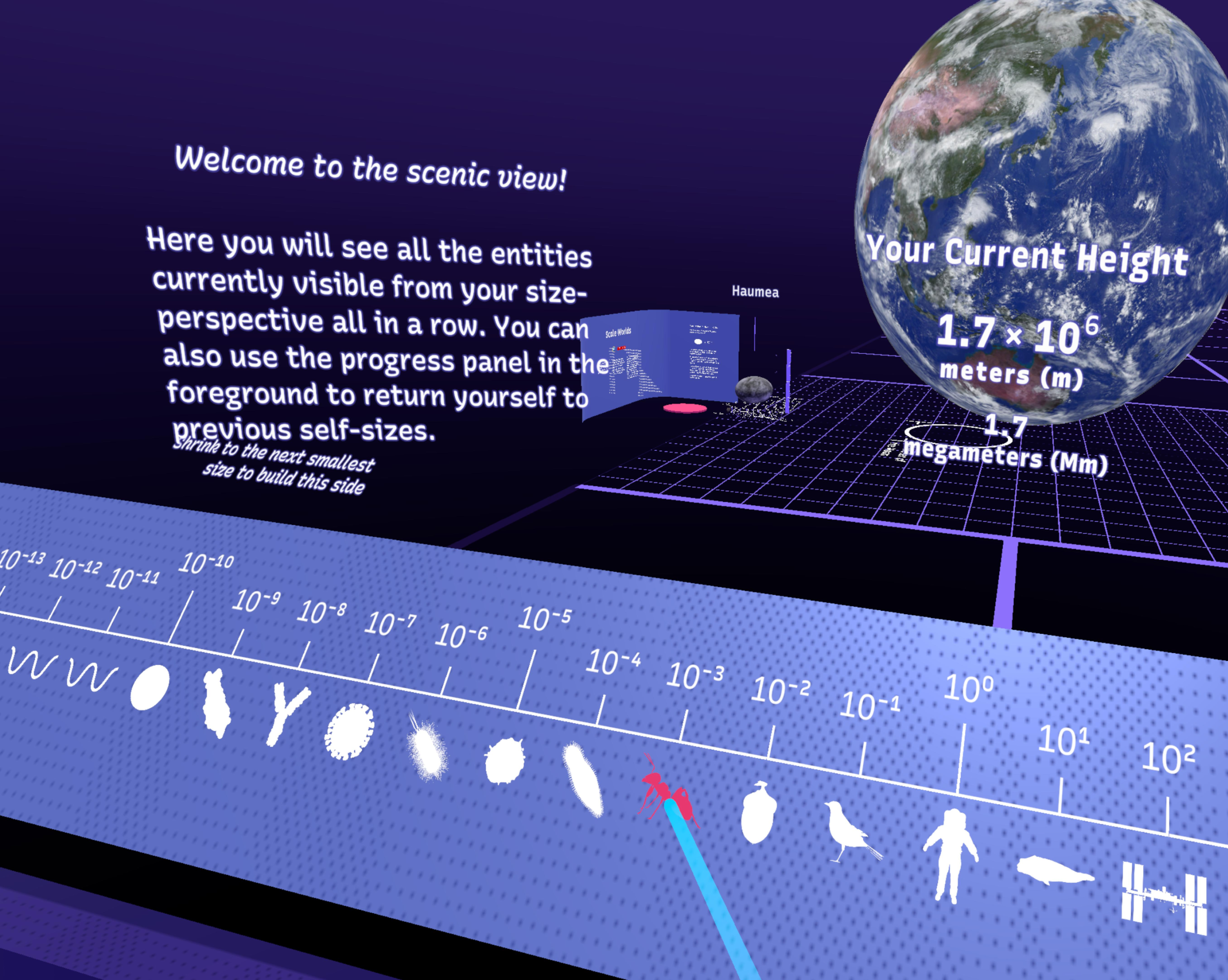
Applied Ergonomics · Under Review
Investigating the Effects of Virtual Reality and Embedded Signaling Elements on Scale Learning Performance, Workload, and Experience
Fangyuan Cheng, Tyler Harper-Gampp, Rebecca Planchart, Mitchell Dunning, Matthew Peterson, Cesar Delgado, and Karen B. Chen
Highlight: Scale Worlds helped correct learners’ misconceptions and expanded their comfort zones at extreme scales, and the signaling elements served to modulate the learning process.
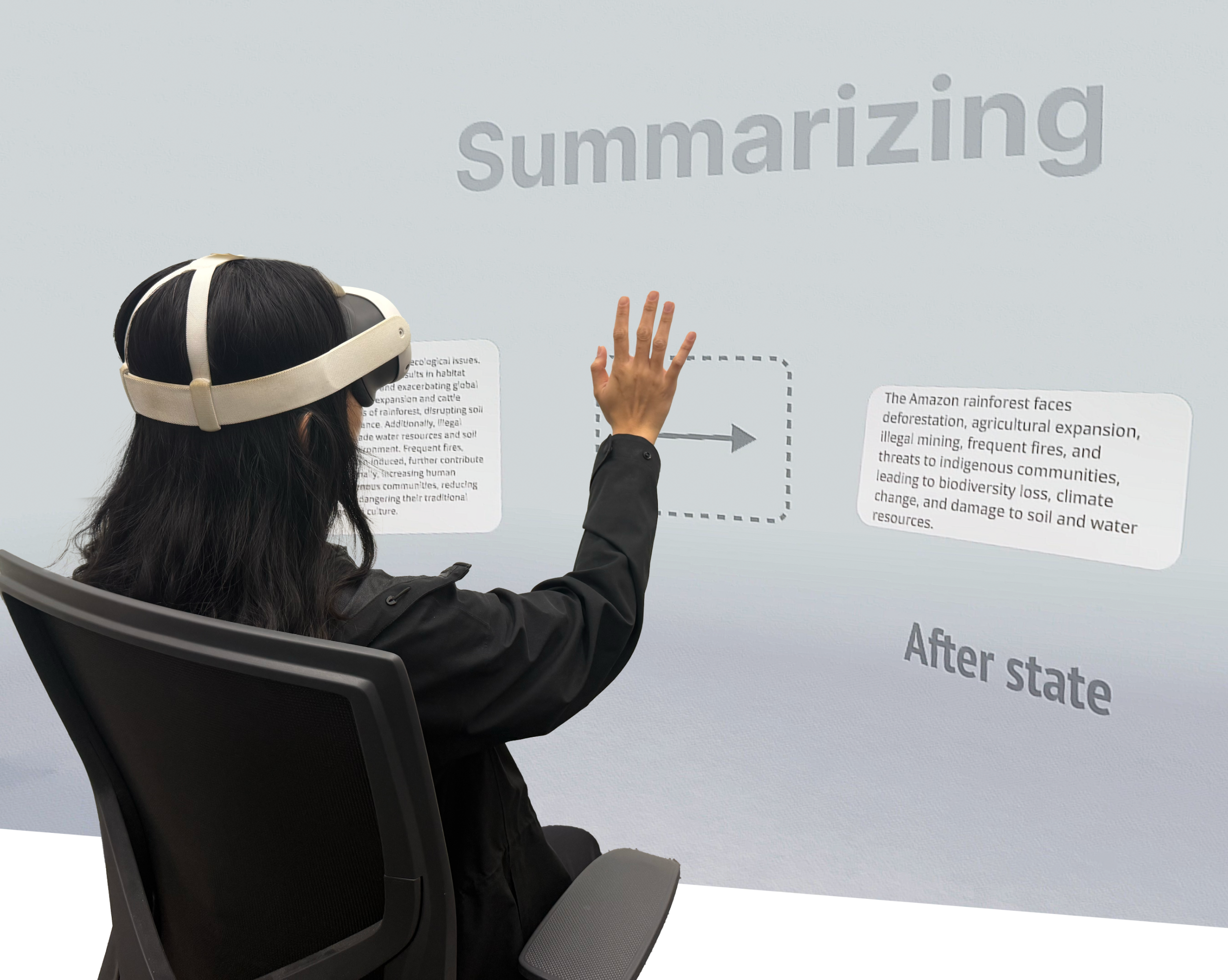
🥉 HFES'25 · Published [Best Student Paper Honorable Mention]
Mental Models of Gestural Interaction for Information Processing in Virtual Reality
Fangyuan Cheng, Emily Fang, Karen B. Chen
Highlight: Five categories of mental models were identified: linguistic-symbolic, spatial-manipulative, metaphoric, social-conventional, and traditional graphical user interface-derived.
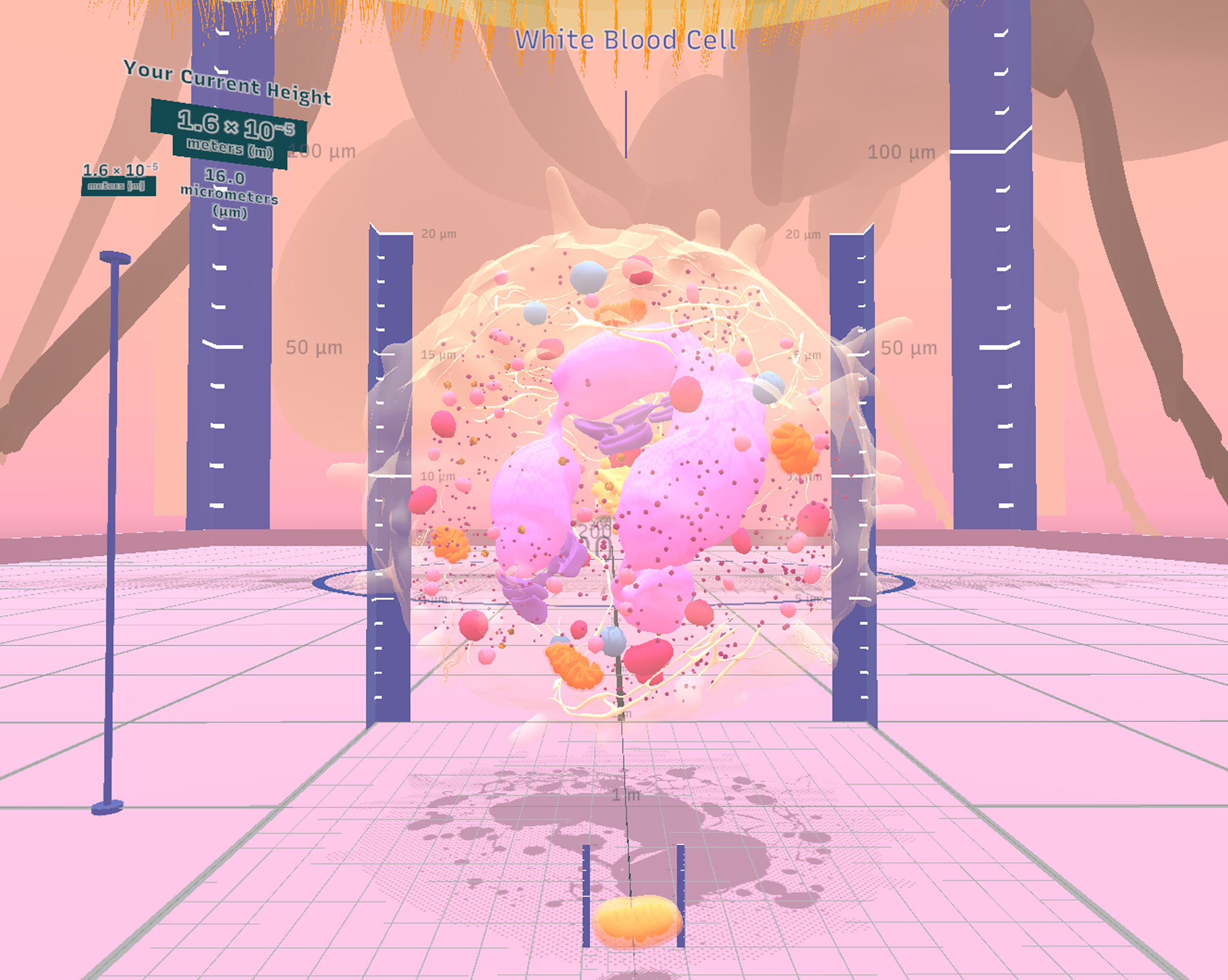
HFES'24 · Published
Study of Graphic Armatures, Multimodal Cues, and Numeric Measures in Virtual Reality on Learners’ Performance and Workload
Fangyuan Cheng, Tyler Harper-Gampp, Rebecca Planchart, Mitchell Dunning, Matthew Peterson, Cesar Delgado, and Karen B. Chen
Highlight: This study examines the influence of graphic armatures, multimodal cues, and numeric measures on scale learning in Scale Worlds.
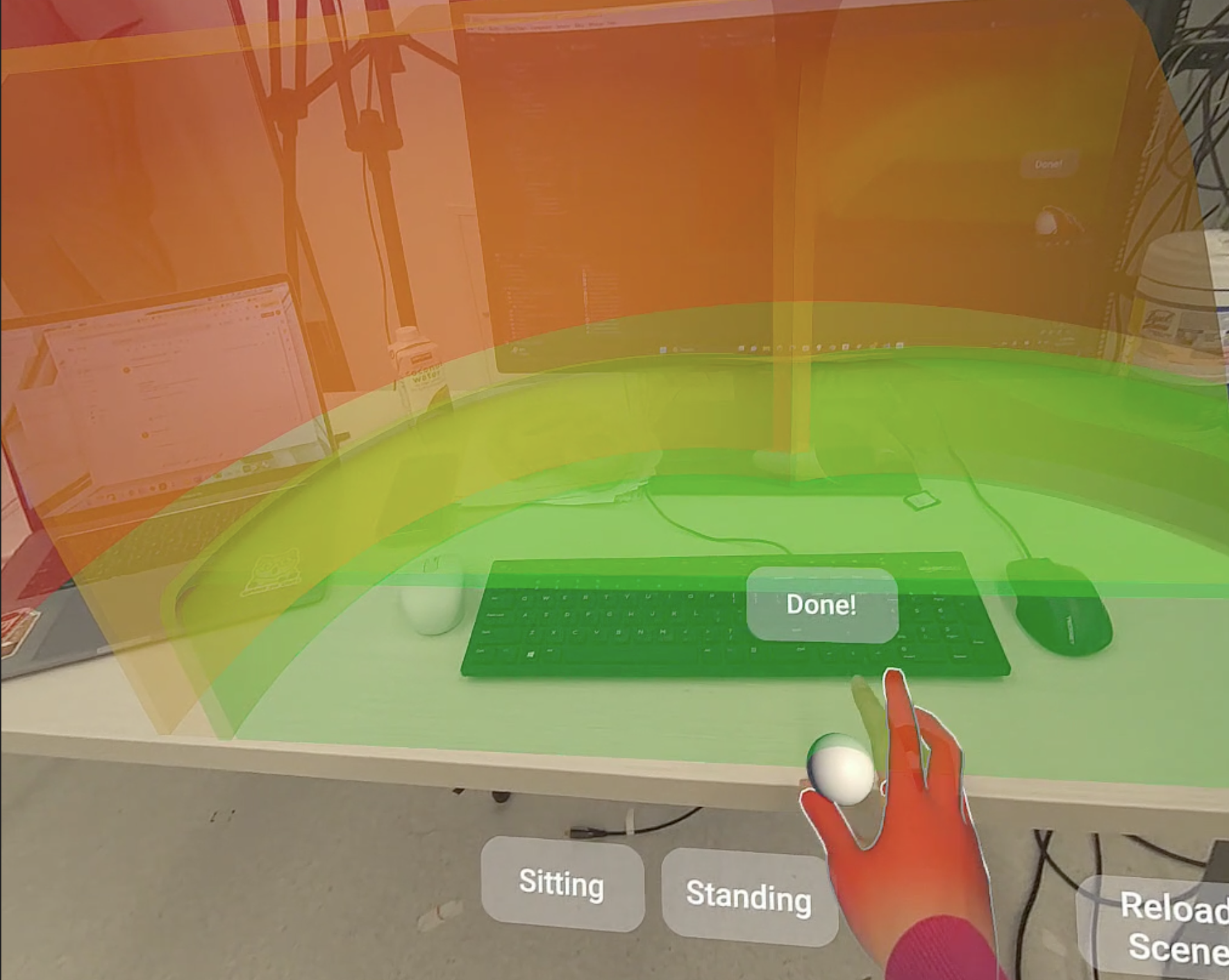
Applied Ergonomics Conference 2025 · Published
Evaluation of an Augmented Reality Workplace Reach Zone Visualization Tool
Madison Roy, Fangyuan Cheng, Jeffery Hoyle, Karen B. Chen
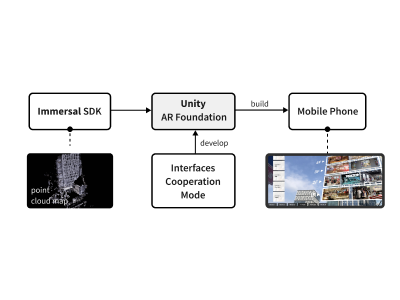
🏆 HCII'23 · Published [Best Paper Award]
Cooperation Mode of 2D and 3D Interfaces on Destination Planning Tasks in the Location-based AR Application
Fangyuan Cheng, Qing Gu, Xiaohua Sun
Highlight: This study focused on how 2D and 3D interfaces in Location-based AR applications cooperate to better support destination planning tasks in the urban shopping area.
